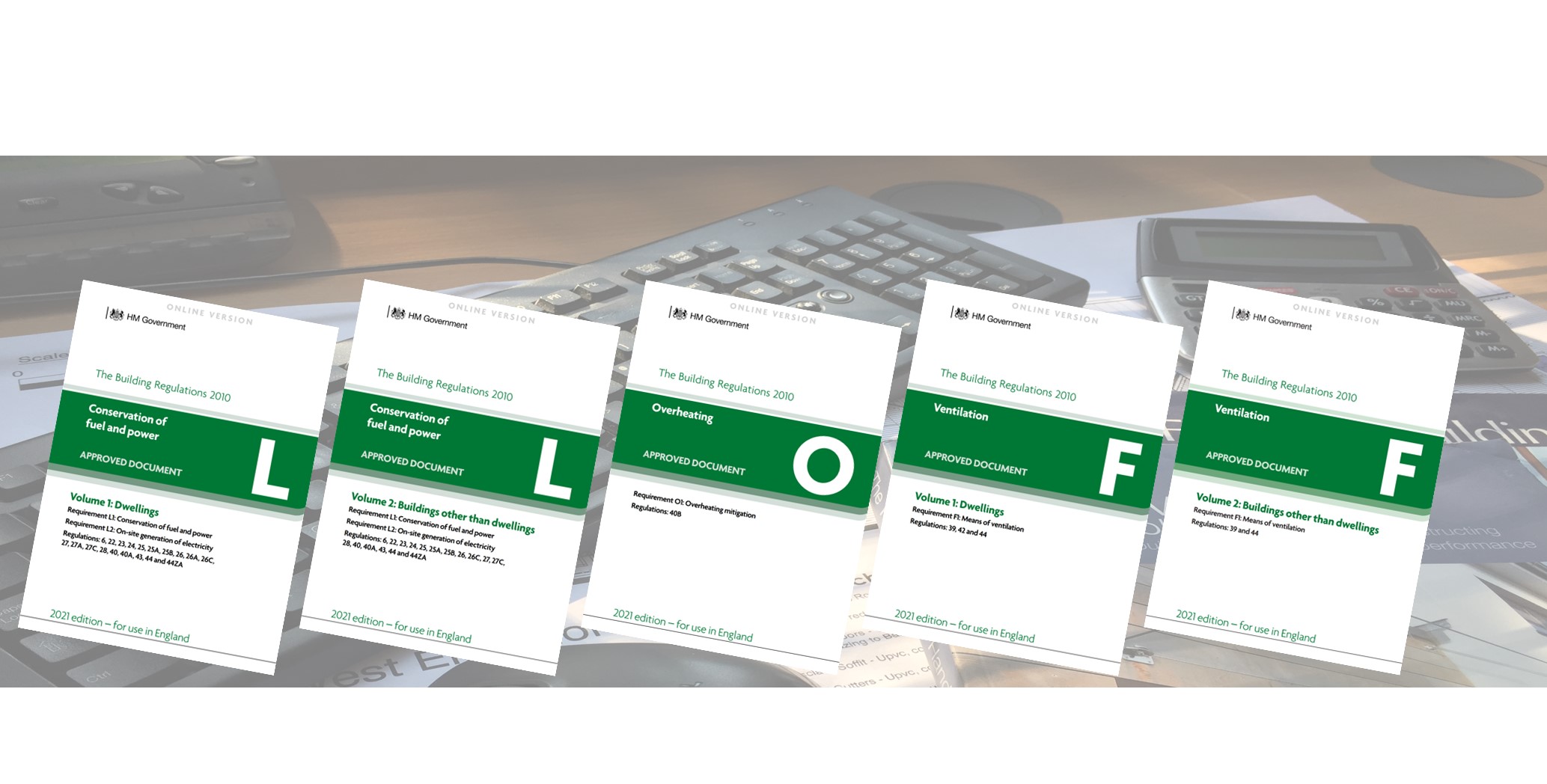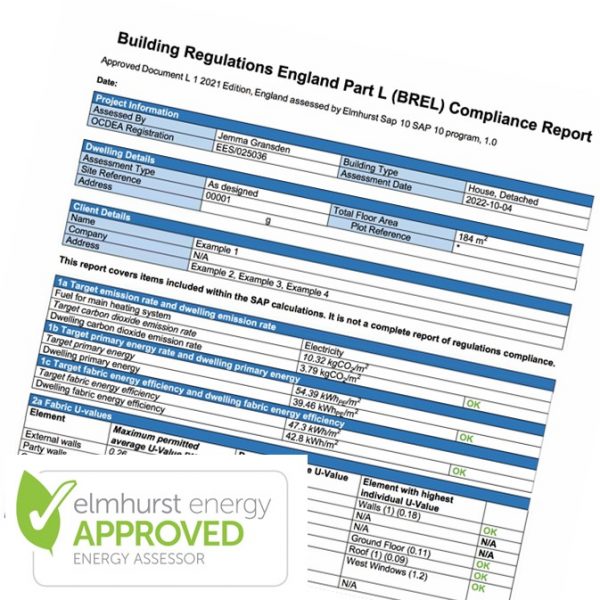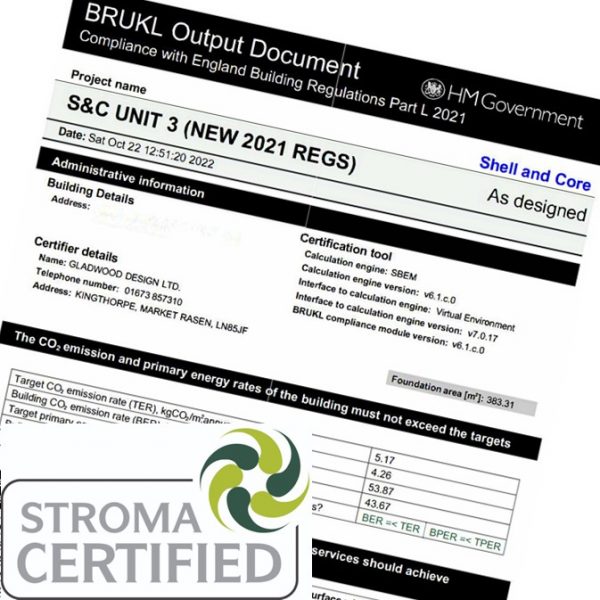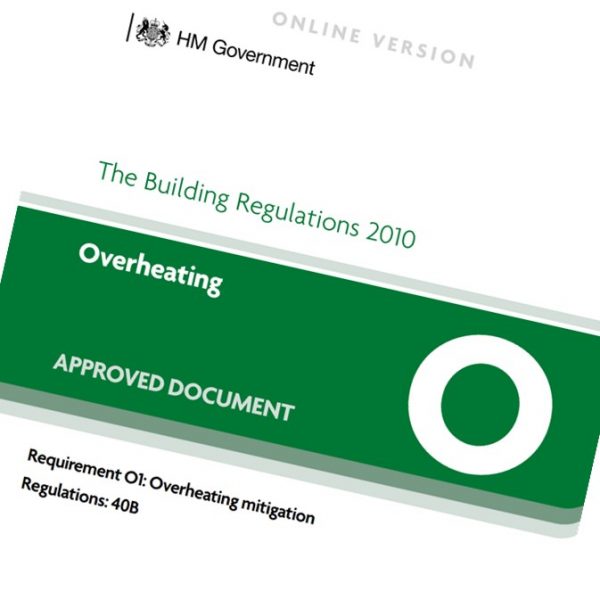The 2021 Building Regulations came into force on 15th June 2022. This is the first major update we have had since 2013, therefore, the changes are significant and are having a major effect on the building industry.
An additional Building Regulation, Part O, has been introduced. All new build residential buildings are subject to an overheating assessment which is then issued to Building Control.
A transitional period of 1 year is in place, whereby, providing a building notice or an initial notice has been given to, or full plans have been deposited with, a local authority, in respect of that building before 15th June 2022, provided that the building work on that building is started before 15th June 2023 then that building can remain on the 2013 Building Regulations.
Please see below for clarification:

- Transitional arrangements of 1 year (subject to meeting criteria) – We would strongly recommend you discuss the transitional procedures with your Building Control
- Approximate 18% improvement over Part L1A 2013
- Minimum 22% improvement over Part L2A 2013
- Established schemes or bespoke accredited construction details are now required for new build dwellings
- Additional compliance criteria to meet in L1A/L1B and L2A/L2B
- Gas, oil and LPG will be banned in new builds from 2025 as detailed within the ‘Future Homes Standards‘
- Oil & LPG will be more challenging than ever to comply
- Electric boilers, panel heaters, immersion hot water etc.. will still prove challenging
- Heat pumps are likely to be the way forward
- Renewables are likely to be required on most buildings
- Part O (Overheating) Building Regulation has been introduced
- Photographic evidence is now required at various stages of construction for all new build dwellings.





